[color-box color=”gray”][dropcap]Join[/dropcap] Canadian Expat, Dodie Schadlich, in her weekly column for “Off the Beaten Path”. Read on to hear Dodie’s experience this week about a sensitive, but very real topic, dealing with an expat death. [/color-box]
We have been in Ecuador long enough to know that the only thing that is consistent here is the inconsistency in practically everything a person can experience.
My recent ordeal involved death and dying on the coast of Ecuador. I am sure there are others who have dealt with their own death and dying scenarios while in the country, each with different details, lessons, and outcomes. End results may differ due to where and how the death occurs, whether you are a visitor or resident, who you know, your financial means, the ability to communicate with authorities to name just a few.
I share this story not to say it is the typical experience that one can expect because I have nothing really to compare it with. The details of what happened may help someone in the future, or at the very least, provide a reason to pause and think and prepare for the ‘just in case’.
I choose not to use their real names out of respect for their privacy however the lessons learned from sharing in their anguish is worth telling.
I had a chance meeting with a couple at a local home where this frail man and his wife had been renting a room. He sat at the end of the table in a wheelchair looking, weak, pale. He presented as feeble sitting, unmoving in his wheelchair. His hand was slightly trembling. My first thought was how is this woman managing care for this man? He appears to be better suited to an assisted living home rather than travelling around Ecuador.
Anyone that has been in Ecuador any length of time can attest to the fact that it is not considered wheelchair friendly. I cannot count how many orthopedic injuries I have heard or seen since our arrival to Ecuador. On the coast, it is difficult to find a sidewalk that is level for more than 10 meters. Filled with bumps, steps, gaps, gaping holes and protruding metal bars; it can be a nightmare to maneuver for those of us without mobility issues; add a cane, wheelchair or other impairment and it can spell disaster.
It was a chance meeting on a beautiful and sunny coastal day. A brief introduction to ‘Joan and Joseph’ as I was leaving from a coffee visit with a friend. On a normal day, I would have taken a bit of time to chat with the couple to hear their story. “What brings you to Ecuador?” is a common question I like to ask. This particular morning I was in a hurry, a taxi waiting to take me home.
I quickly greeted them with a brief introduction. Joan assumed I was an American visiting Ecuador and I let her know that I was Canadian and that I live here full time. Our interaction lasted less than 5 minutes total. It did, however, leave me with an uneasy feeling. This man did not look well. I worked in Extended Care homes in Canada for a number of years. This man appeared in need of more care than his wife could manage alone. The simplest outing with him would be full of challenges. I learned later she is in her early 70s and he was in his middle 80s.
I shook off the uneasy feeling, returned home and went on with living my life …….. until a week later.
We had lovely guests from Cuenca renting one of our rooms and we decided as a group to head to the San Vincente mud baths.
I called my taxi driver friend to arrange a pickup time for later that morning. Frank is a driver that many of the gringos use as he speaks fairly good basic English. He then says something that changes the course of my day and the course of the next 3 weeks of our lives.
He says: “Remember the elder couple: the man in the wheelchair? He died.”
My reply was: “I am so very sorry to hear that; when?”
I was not prepared for his answer.
“I don’t know, an hour ago. She called me, crying and asking me for help. They are in Olon. I don’t know what to do I can’t understand her very well, she is crying.”
I had this vision of this lady, no Spanish skills, husband dead, calling the only person she knows, a taxi driver, for help. I simply had to call her and see if there was something I could do.
She is inconsolable, difficult to understand and panicked.
I say: “Joan, do you remember me? We met briefly when you were in Ballenita.”
She replies: “No I don’t”
I reply: “I hear your husband died”
She answers with: “Yes, I don’t know what to do. I don’t know anyone. I don’t know Spanish. I ran to the neighbors, the police are here. I don’t know what they are asking me”
I ask: “Do you want me to come help you?”
She states simply; “Yes,”
I send a message to my friend Stacy in Ballenita; she has a vehicle and a heart as big as the ocean. I tell her the story and she says: I will pick you up in
20 minutes; off we go to Olon.
When we arrive, 2 police officers are standing at the front door of the house and Joan is crying in the chair. They allow us entry and then ask if anyone of us speaks Spanish. I let them know I speak very basic.
One of the most amazing visions I have of this ordeal is of Stacy. She is dressed in a flowing pink dress; she rushes in, arms opened like angel’s wings and enveloped Joan and she didn’t let go of her until many hours later. While she held Joan carefully in her arms, I started managing the scene around me, speaking to police, criminalists, neighbors, gathering numbers and details, being the go-between for the police and Joan in terms of giving them information, forms, documents, and personal items they were seeking. Learning the what, where, when and how plan for the body, the pending autopsy and investigation details, gathering their personal items and groceries from the rental house. Joan agreed to come back to our place; we had a room open she could stay in while she managed the rest of the tasks and readied herself for the trip back to the US.
From here I don’t think it necessary to go into all the daily details that happened over the following 3 weeks, but rather just a simple summary some of the points, lessons, and eyebrow-raising situations that arose.
[color-box color=”gray”]
- Like in Canada, an unwitnessed death is treated as suspicious and requires an investigation. They would not allow anyone in the room near the body until their investigation was complete. In all, 2 police and 4 criminalists attended the scene. They took at least 4 possibly 5 hours before finally transporting the body out of the house.
Joan felt like a criminal during the process. Her frail and elderly husband had taken 2 big falls since their arrival to Ecuador 3 weeks earlier. They asked about the bruising on his body. She presented the medical records from 2 previous hospital visits due to falls he had; one the very day they arrived in Ecuador, the other happened 2 days before his death.
I would describe the police demeanour as kind, but firm and focused.
- During their investigation, the police confiscated certain items as part of their due process.
All the medications and health records of the deceased were taken. After the autopsy was completed and the cause of death deemed not to be a homicide; the items they took were never returned. Eyebrow raising moment. Everyone gave a different answer as to who and where to find these things and in fact a couple weeks later, they sent her back to Manglaralto saying they had what she was looking for; of course they did not and it was an unsuccessful road trip. The US consulate indicated they will not normally return these items if they are part of the investigation nor would the consulate help track them down. It is simply not part of the services they provide.
- The 4 criminalists, while closely guarding the bedroom where the body remained; continued to ensure no one came close to the room. I had tried to speak to them a couple of times as Joan was adamant that she wanted to say good-bye before they removed his body. I wanted to ensure they understood not to put him in a bag for her final goodbye. Later it was discovered that the couples 2 computer tablets that had been placed bedside were missing.
We thought they may have been taken as part of the investigation, however, when asked, they became defensive and said they did not have them nor did they see them. I am not accusing anyone, but I am saying the tablets are gone and no one seems to know what happened to them. Eyebrow raising moment.
Once they were done their tasks, they did allow Joan 10 minutes with him to say her good-byes. It was a heartbreaking scene to witness, Stacy stoic and kind in her angel’s wings standing close and protective of Joan.
- They did not use a hearse to transport the body. They did, however, use a body bag which they placed in the back of a pick-up truck with a pillow under his head. It was a short box truck, the body placed diagonally, to transport from Olon to Santa Elena then on to Guayaquil. We had directed Joan to the side yard to sit in the shade so she would not have to witness this final journey. Eyebrow raising moment.
- I would recommend when travelling, to carry your original marriage certificate. I understand it does not appear to be sound advice, however, it was a requirement to allow her to manage the remains. She wanted to cremate the body for ease of travel back to the US and they held the body until a marriage certificate could be produced. We spoke with Nevada and they agreed to email a copy, however, Ecuador would not accept the copy. The US consulate did finally offer a solution to the dilemma. Joan presented to Guayaquil to swear in the copy and it was accepted. As a side note, the US consulate had sent us a list of documents we needed to manage the process and it did not note a marriage certificate, but it was something that not only was requested but delayed the process by 4 days and took one extra trip to Guayaquil to manage it.
- The US consulate informed us to pay no more than $2000 for cremation. They sent a list of funeral homes to choose from as suggestions. We chose one from the list that indicated English and Spanish spoken.
The initial quote we received was $3500, then down to $2500 and finally down to $2000 after we told them the price the consulate had indicated we should be paying. They asked for 3/4 of the amount for deposit and held the ashes until the final $500 was paid. This price included the cremation, a temporary box, an Ecuadorian death certificate, an American death certificate and the special document needed to transport the remains back home.
- I did not attend the appointment at the consulate with her. She described it as feeling like a prison or fortress with guards and gates. She said many there did not speak English and she felt very frustrated and intimidated trying to find her way around to this appointment. As she described this is me, I could not help but compare that vision to my own experience with the Canadian consulate office. Ours is a non-descript office setting, quiet, quaint. Some magazines on the table. It could have been any doctor’s office waiting room. The lady working spoke English, French, and Spanish and was kind and helpful and my experience was very much in contrast to what I was hearing from Joan.
- On a side note, she let me know that she contacted a prominent Senator to help move things forward with the Certificate and it was my understanding that he had spoken to someone in the consulate office. I have no way of substantiating this but I have no reason to disbelieve Joan. Regardless, she finally got through the process and they accepted the copy.
- It took 3 trips to Guayaquil to finalize and finally get the ashes. Had she had the original marriage certificate; it would have only been 2 trips.
- None of the police, criminalists, or funeral directors spoke English. The funeral director used a friend and then his son as the ‘English’ part of his service and they were very good but not always available. Be prepared to find someone to help translate if something terrible should occur.
- I think it important to make at least one connection while in the country; even better if you can do it prior to arrival; even if just to join the local forums or Emergency Forum to send out a cry for help if a situation arises. This lady knew one person in Guayaquil and otherwise locally reached out to the only person she knew which was a taxi driver that speaks broken English. This driver happens to be my friend which is how it came to my attention. My Spanish is not fluent but passable. The US consulate helped with some details but they are not here to manage all the personal details of a crisis that may occur. You may need someone bilingual to help you through the process.
- The widow received unsolicited calls from funeral directors within hours of the death; we can only assume one of the investigators has friends they refer work to as she had not yet gotten the list from the consulate to choose a funeral home yet. One of the companies that called was out of Ambato and would have shipped the body to Ambato and the ashes back to her for the same price. We decided to stick to the ones that were on the recommended list from the consulate.
- The Consulate indicated that two death certificates are needed; one is Ecuadorian and the other American. They indicated that the US certificate must be issued here in the country to be valid. The second document the US issues confirms the remains to be a US Citizen and allows for passage into the country.
- She was finally able to leave the country with his ashes about 2.5 weeks after death; she delayed it a few more days as she wanted more rest before tackling the next step which is returning to their home, alone, with ashes and far fewer suitcases. She donated his things to a local man in need. She tried once again to get a copy of the autopsy and to have these things returned, but it never happened. She still does not know the official cause of death except to say that she is no longer a suspect. We assume it was a stroke due to the 2 previous falls.
[/color-box]
I was guilty of a quick judgment of this situation initially; being that why would someone, in that frail of health travel so far from home, however, I spent time with her and was able to broach the subject for my own understanding.
It seems they understood his health was failing but they simply could not afford home care in the USA. She felt the only way they could stay together, would be to settle into Ecuador, hire someone to help and they could both live out their days together by the ocean. He indicated to her previously he wanted to die in paradise. I would also think she was in a bit of denial as to the level of his decline and when he took the fall on the day he arrived in Ecuador, the downhill slide kicked into high gear.
His decline was far more rapid than she anticipated. He died beside her, quietly and peacefully asleep in their bed, a block from the ocean. He got his wish; he died in paradise.
Joan is now back home safely and the hard part begins for her. Learning to live without him.
Facebook Ecuador Emergency page; https://www.facebook.com/groups/EcuadorEmergency/

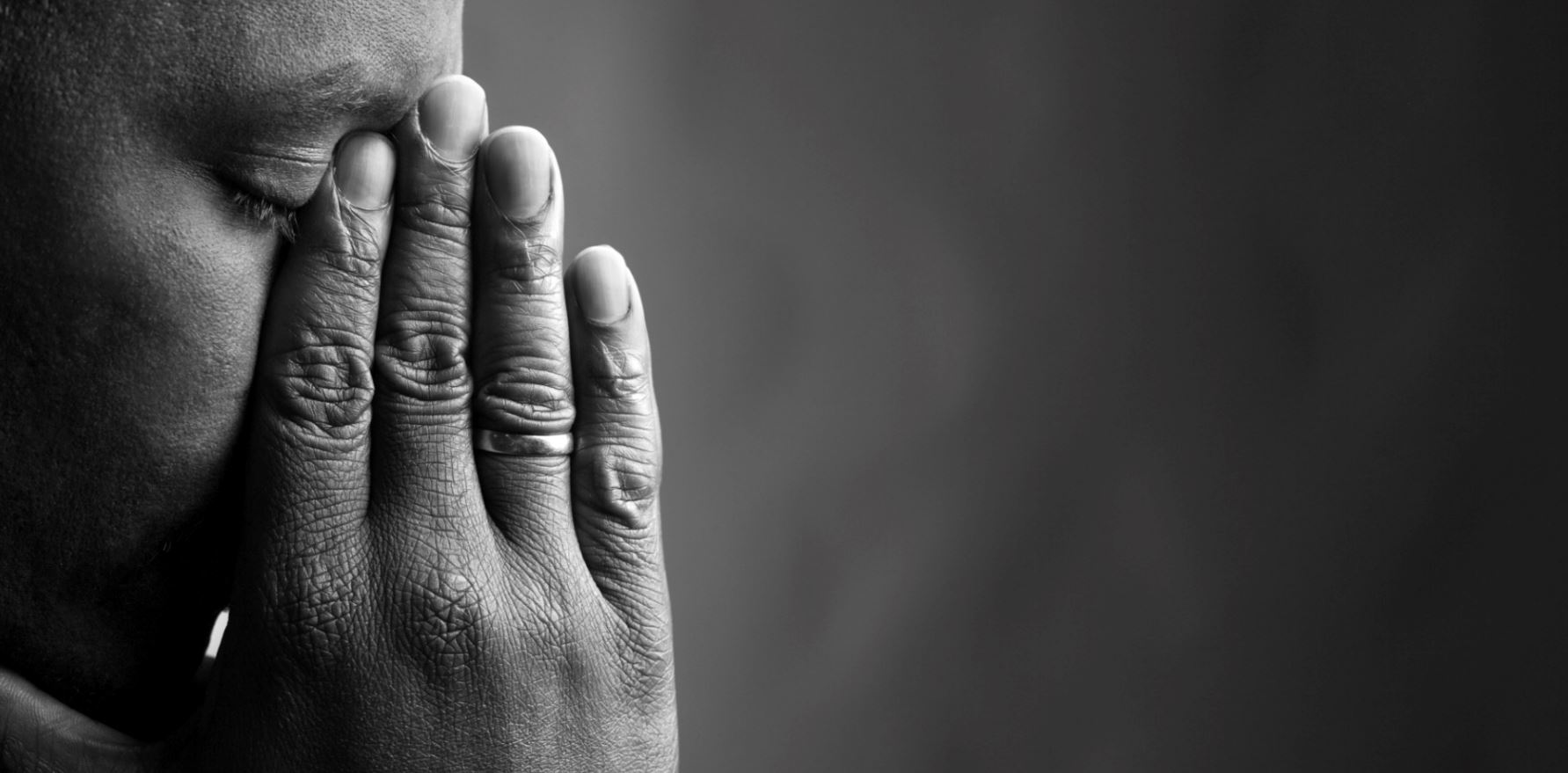




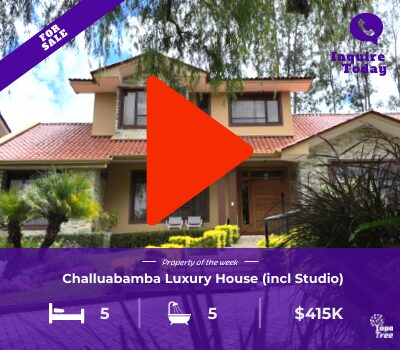



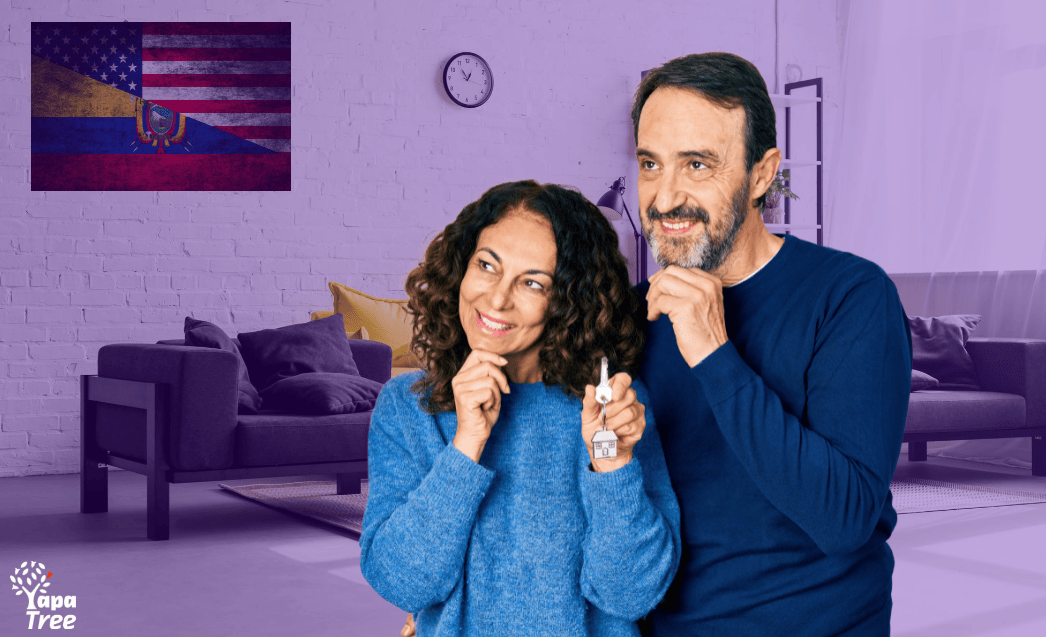

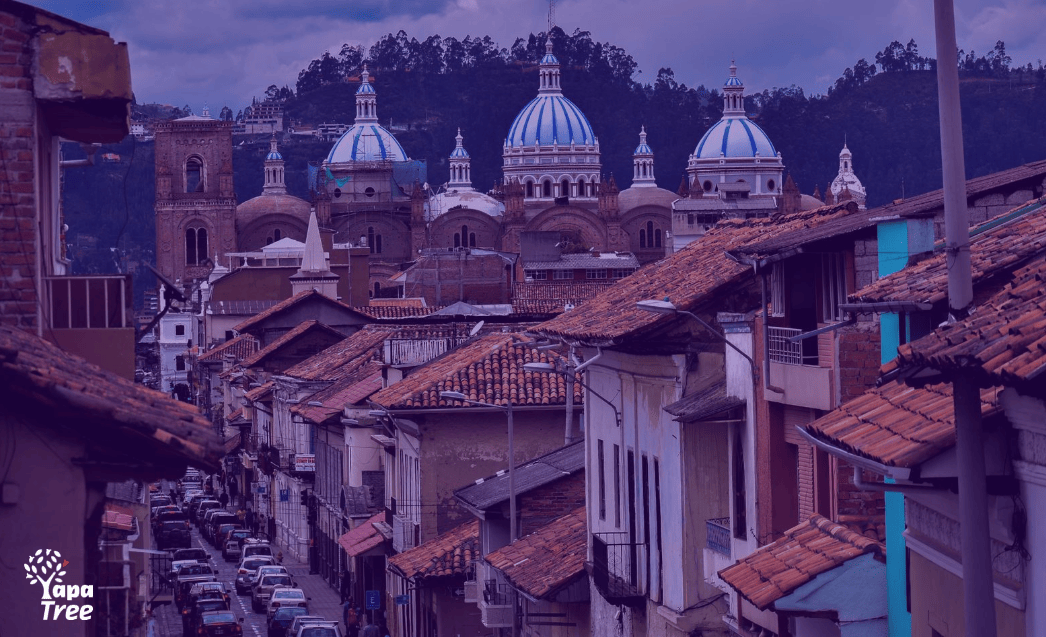
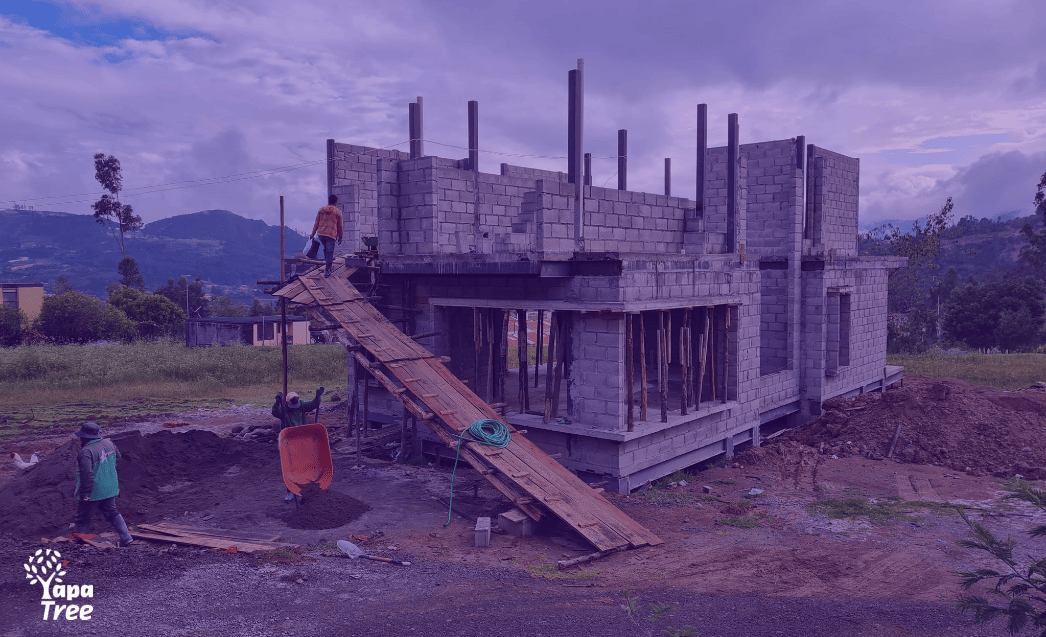
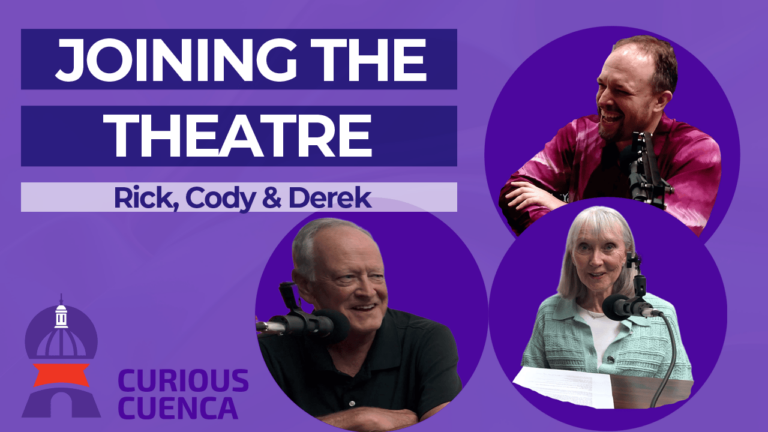
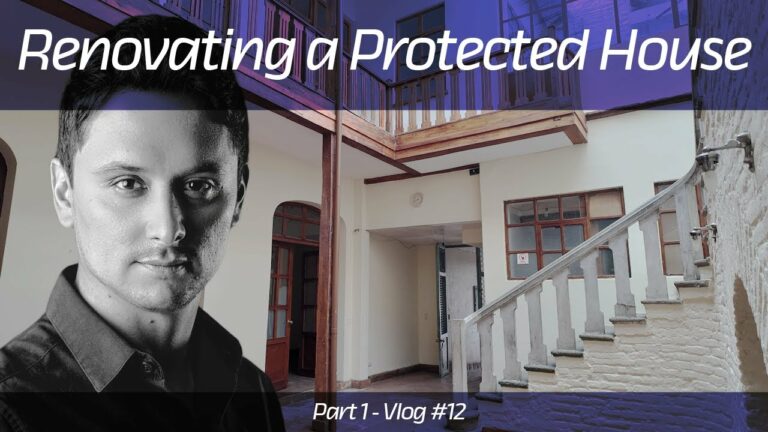
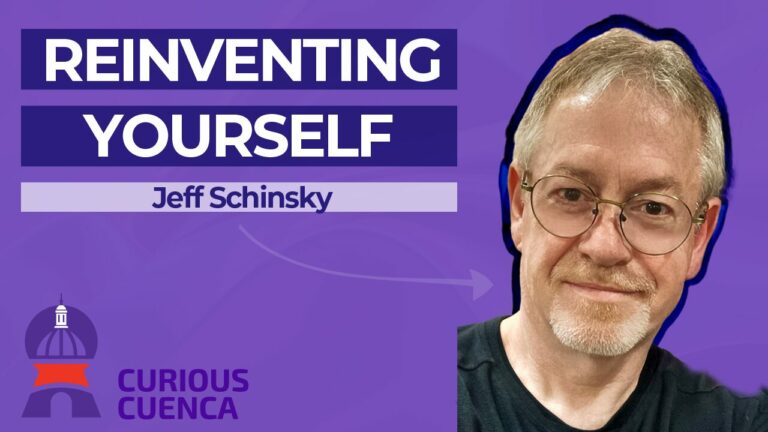
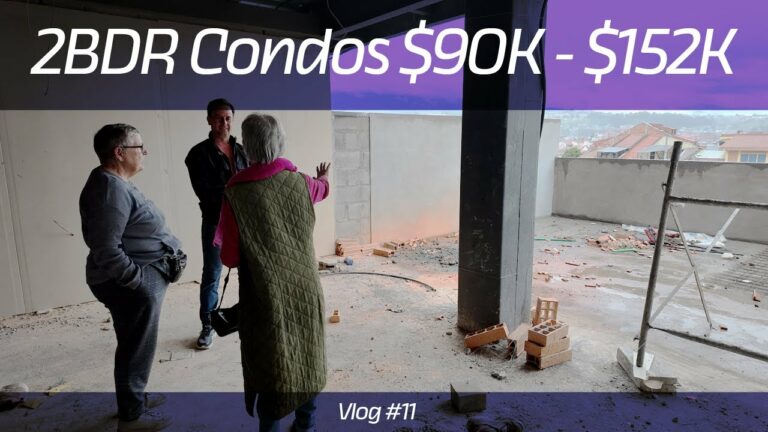
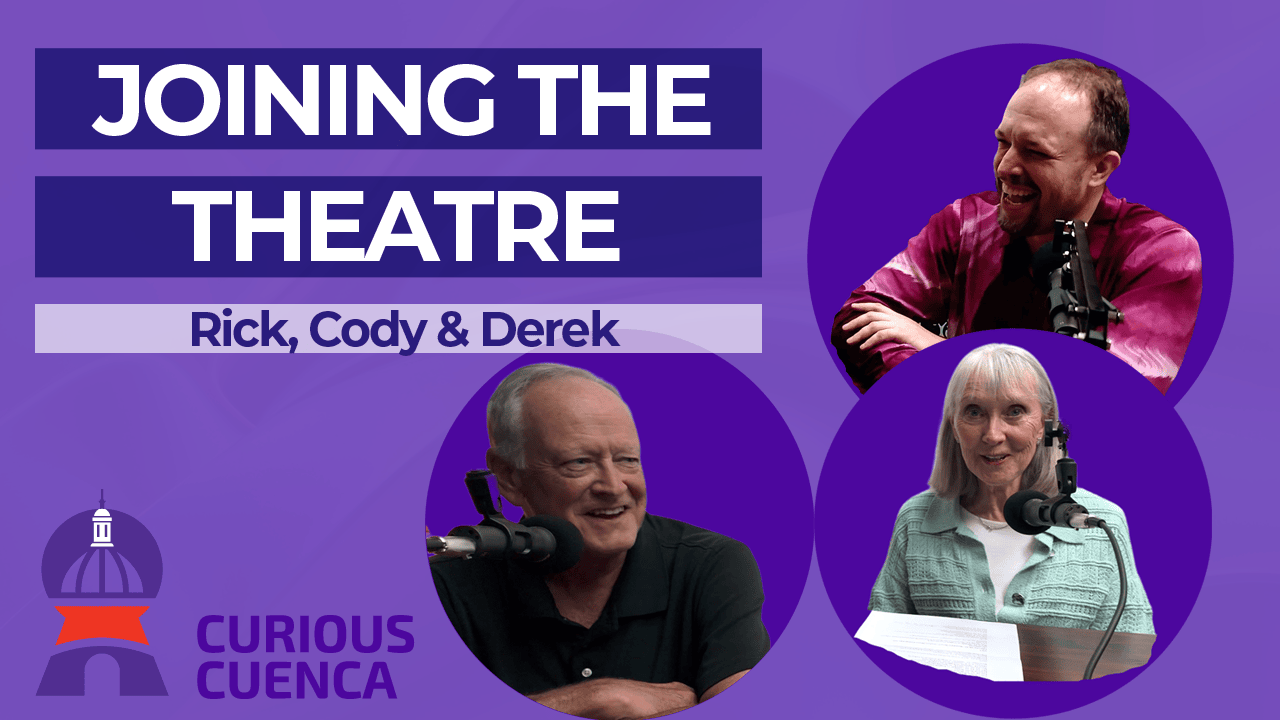
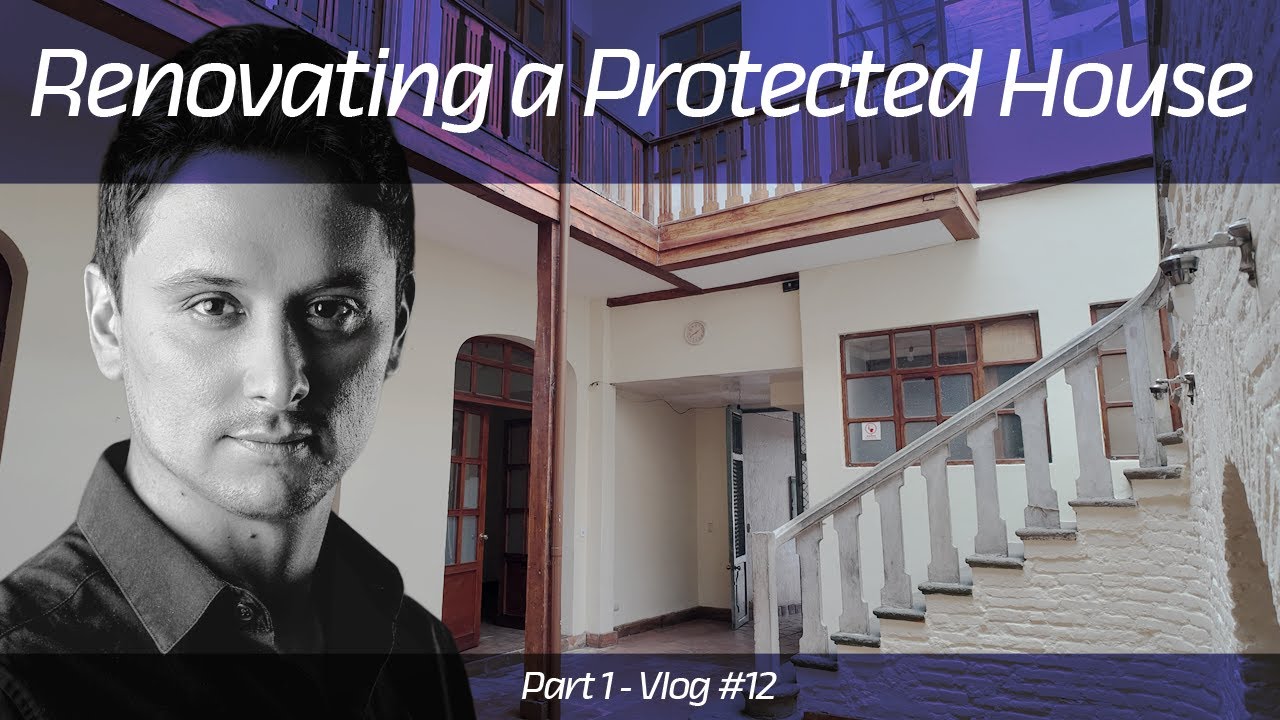
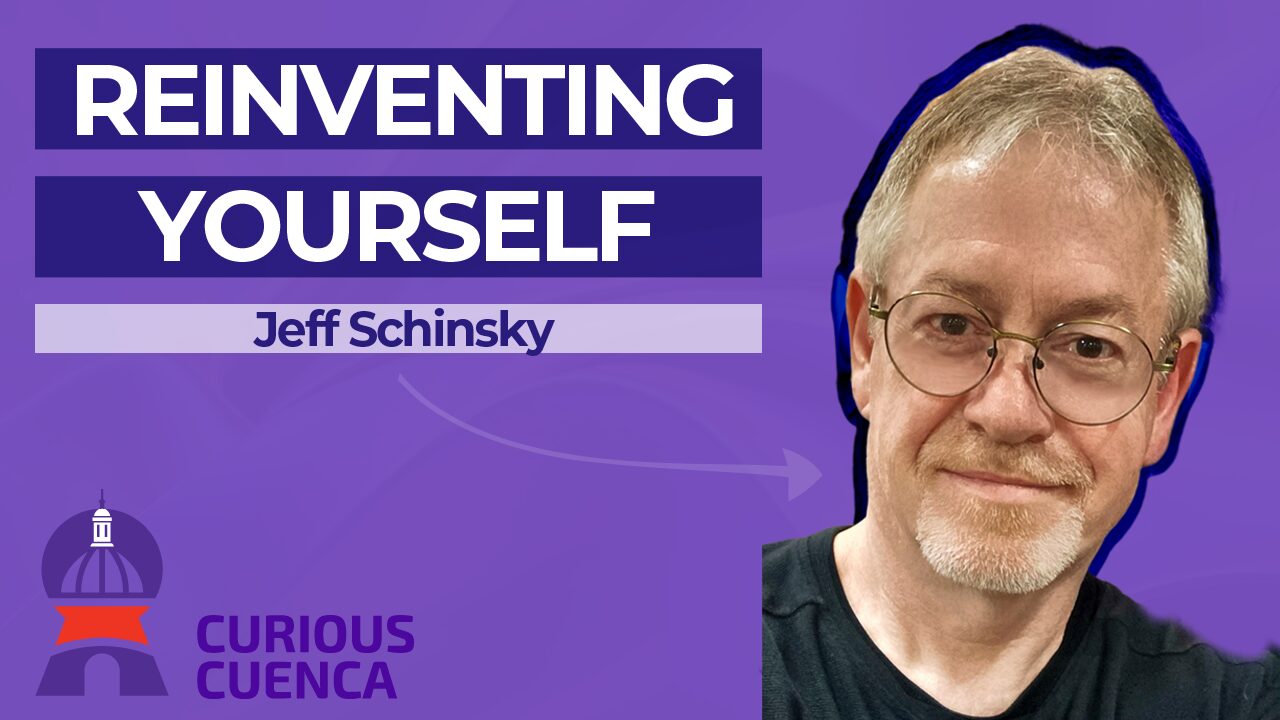
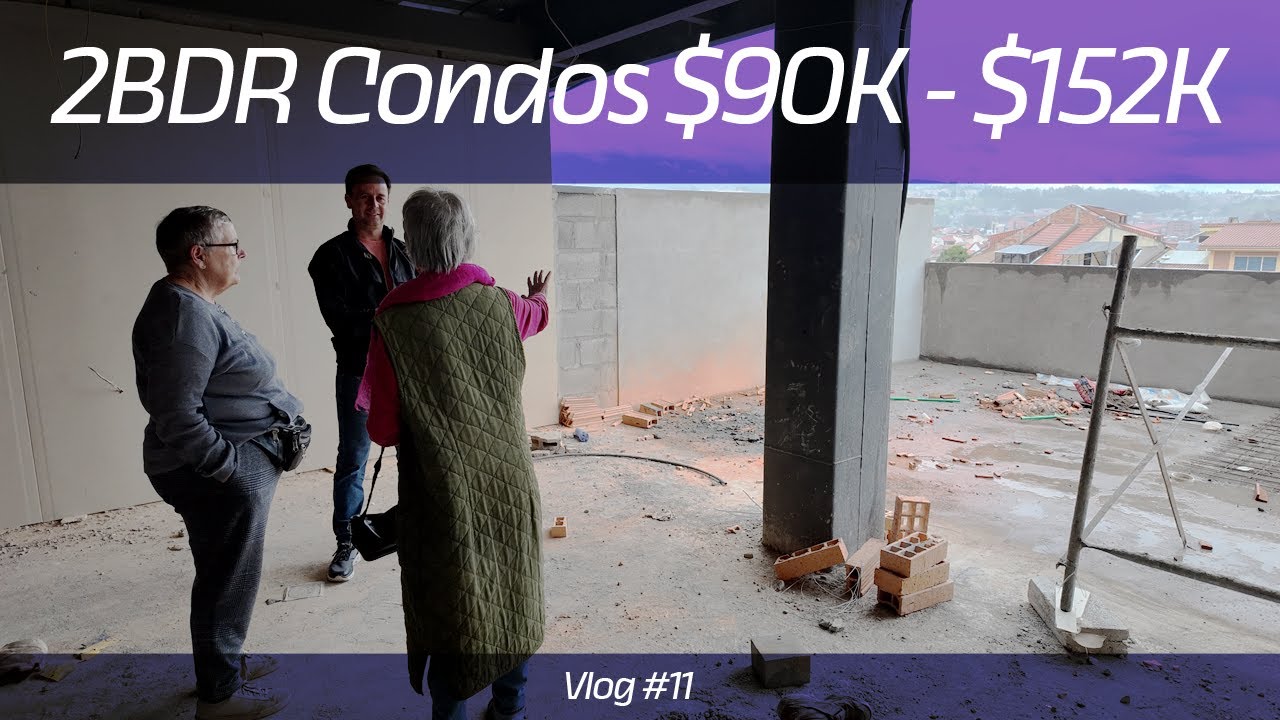
12 Responses
This was horrible to read! My 84 year old husband died two years ago…January 16! I had a newly formed “Hospice” support in Cuenca, my pastor, and did notarized documents two months ahead of time….to smooth hubby’s transition! STILL…..when he died here at home, the ambulance I called wouldn’t take a “dead body”! They were wanting an autopsy. We didn’t want nor NERD an autopsy, after fighting 12 years of cancer!! It took us FIVE hours, driving from hospital, to government office, while he lay in bed with his little dog beside him, to find a BLANK death certificate so the last doctor who saw him…at home the night before….could fill out the damned certificate! After calling multiple ambulances…..ONE would take him to the crematory! It came with ONE driver, who asked for help, and a sheet….to load my husband into the ambulance and meet me, my pastor and our lawyer at the crematorium!!
Now, THIS was with preparation and planning!! If you don’t make some kind of plans regarding your end of life….you are going to have an awful time!
What a nightmare! Dodie, thank you for writing such an informative article on a very emotional subject!! I live in Dallas, TX, having made one ‘move’ already (was born in South Africa); I have considered Ecuador, Panama, Costa Rica, and have visited the two latter, with a view to possibly living there. It is things like this, plus your reminder of the difficulty with sidewalks, just to name one issue, that have kept me here! I am also not getting any younger (72), so those issues are very real ones to me, plus medical, of course.
I am happy to report that early this minth I had a much different outcome when mu husband died suddenly of a massive heart attack while we were vacationing in Quito and enroute to the airport to the return to Cuenca. He did have some medical problems but had been checked out the previous week and cleared for the Quito trip by a cardiologist and a vascular specialist, however he developed a terrible upper respiratory ailment in Quito which was only exaggerated by the additional altitude. He collapsed getting into the car , the driver and I took him to Metropolitan Hospital Emergencie, where he was pronounced dead. Since he has not been in the hospital, the police were called and they would have taken him to,the police morgue for an autopsy, if I had not chosen a funeral home to work with. THe entire at the hospital, I had great assistance from the staff member of the US Embassy who was on call that evening. He spent considerable time with me on the phone, explaining regulations and proceedures, and spoke in Spanish with the police, the hospital, my driver, and the funeral home owner. Among the pack of “ambulance chasers” called by yhe police, was a lovely English speaking funeral home owner, who tried to help me understand the systems and my options. HE also understood I wanted cremation, the least possible exoense, and to be able to return to my friends in Cuenca ASAP. he assured me he would do his best, and he did! The Embassy does not recommend, but his home, Funeraria de la Paz, was on their list and they had dealt with him. I chose to trust him and he was fabulous. he assured me he could get me back to Cuenca in 2-3 days and he did. HIs stafff or Sebastian Barona Teran, picked me up at the hotel, drove me everywhere, I neededed to go including the Embassy, which yes is a,secure facility which is abit daunting, and the security staff do not speak much English, and take your cell phone, and wallet but once in, we were treated with courtesy and sympathy. THey also did their best to expedite all the official papers, and by the end of the second day at Howard Johnson’s Carolina where the staff to treated me with utmost empathy and kindness, Sebastian arrived with all the necessary Ecuadorian and US official documents so I could return to Cuenca the next morning with a beautiful wooden box for the ashes. THe entire process cost me $860. I highly recommend this funeral home if anyone you know dies in the Quito vicinity. It was the best possible experience in a terrible circumstance. I am grateful for my experience amd hope it will give others some comfort to know it does not have to be terrible.
Patricia again. I would like to add, I went to the hospital morgue with the funeral home director and his staff carried a casket into the morge and carefully carried it out. THe charge nurse put her arm around me and was extremely empathetic. Sebastian let me go to the hotel after my five+ hours at the hospital rather than to his office to sign papers. THe driver taking us to the airport stayed with me the entire time beote takinh me to the HoJos, and then accompanying me to the desk, explaining what had happened to the clerk and asking them to take speial care of me. WHich they did, even was given a sympathy card fro the entire staff and visited during breakfast by the hotel manager and the English speaking marketing director.
SEbastian even took me to LATAM to get my ticket chamged and explain the circumstances, and the a pharmacy for ibuprophen, and to the ATM to get cash. AS I did not have a check, and had little more than the $300 I had just withdrawn, he let me make a deposit and send the balance by check once I returned to Quito. I am sure this entire experience would have been far more difficult and more exoensive if it happened IN NYC getting into a car at JFK!
Wow! Interesting articles. It seems that the moral of the story is to die in Canada or the U.S. or at least have an original marriage certificate. I’m wondering if anyone out there has had a more postive experience in navigating the system there after the death of a loved one??
A very well written and eye-opening article. Dealing with the death of a loved one whether it is expected or unexpected can be a traumatic experience and at the same time the surviving person may not be thinking clearly. Combine this with being in a foreign country, not speaking the language and not knowing the procedures required and the circumstances have just gotten worse.
After reading your article I decided it might be a good idea to compile a ‘check list’ and keep it in an easy to remember place of what to do in the event of a death before contacting the police. Included in it are several names of people to call for help (including someone that is bilingual if needed and to have with you as a witness) make a note to put away anything that is valuable in a secure out of sight location so it cannot be confiscated (computers, phones, wallets, jewelry) also a good idea to include the phone number to your country’s consulate office and if you have a local doctor you see their name & phone number since they will/should have medical records. During an emergency or under stress, it is easier to follow a few written instructions than to try and remember what to do and who to call. Thank you for your article Dodie, it may help people realize things here in Ecuador really do not operate the same way as ‘back home’ and I totally agree with you in the only thing consistent here is the inconsistency learned of course, through experiences.
This is a heart rending story. My mother passed away recently at the age of 95 at our home just outside Cuenca. She had been ill with dementia for some time and then passed away suddenly of a heart attack. Immediately after her death, I spoke to her doctor, who came to the house within 30 minutes. He suggested a funeral home, who came within the hour and transported my mother in a hearse. We arranged that she would be cremated the next day for $700. The doctor provided a certificate for the cause of death and the funeral home used that to get a Death Certificate from the Registro Civil. Everything was completed within 24 h. There was no police involvement and no talk of an autopsy. I think that having my mother’s doctor involved from the first step was the key to having such an easy process. Also, my Mum was British, so we had no need to deal with the Guayaquil consulate.
Much like Roger speaks of his British mum passing at home, our British born, Canadian citizen mum passed at home with us by her bedside and a local doctor who was called in as we felt her time was drawing near…..the doctor was present when she passed. Very sensitive to our situation and having witnessed a “beautiful death” in her words, ( no medication or narcotics involved) she offered to help by heading to the nearest hospital for the directors signature on the death certificate…then on to the notary for witnessing & stamps. Meanwhile, a close billlingial Ecuadorian friend contacted a local Funeria la Paz in Gualeceo.
After about 2 hours of gathering the needed certificate (because the doctor witnessed her death citing natural causes at age 92, there was no autopsy.)….the funeral home came into our house with a casket for transporting. We had them gracefully wrap her in the sheets in which she slept and place the roses from her bedside in with her. they carried her down two flights of stairs to the waiting van.
My husband and I did not even think twice…we boarded the van as there was room and went with her to the main crematorium in the Main Cuenca Cemetary. Emotional but relieved to see the gentleman waiting to help us were especially kind, even in their Spanish….body language and caring gestures are universal.
The cremation cost $800. The funeral home covered removal, transport to and returning us home, and returned to our home he next morning with her ashes in a lovely casket looking box with a sweet silk interior much like that of a human body size casket. We were pleasantly surprised how lovely.
My emphasis on this process…have a bilingual friend. Someone who cares about you & how you are treated. “Gringo precio” have no place in a time of mourning! Know in advance, record contact info. Know what is expected, pass at home with a doctor involved…reduces he need for police, criminalistas, etc.
I appreciate very much the dialogue started on this subject as it has added to our own experience. We registered our marriage in Ecuador. We will now carry a copy when traveling as a result of the feature article.
That is sad, I feel bad for the widow. If they had a better system of running things it would not have so difficult. If anyone were to loose a loved one make sure to put all your valuables in a safe place before the police, criminalist, etc. arrive. Its also a good idea to get informed about these type if situations before traveling abroad, just saying take precautions . Also make sure you have someone you trust that can translate for you be present.
To all that commented; THANKS i know the topic was not easy, and by sharing your stories, perhaps you can help someone else. Sending hugs and positive thoughts to everyone …
Dodie. I don’t know how I have missed this article in the past. But I happened on it this morning and was very touched by story, the summary points of your experience, lessons and the thoughtful responses from your readers. I live in Manta, am a Canadian and have lived in Ecuador for more than six years. Like some of your readers have expressed, I too have experienced the loss of a loved-one and many dear friends during this time. It is indeed troubling to see the pain and desperation that accompanies the passing of life. And that experience is made even more distressing when one has not planned for that inevitable event. Thank you for sharing your experience. Gary Meeds
My wife ,who an Ecuadorian, will be moving to Cuenca soon. We are here now making arrangements for our move. Thank you for the article and God bless you.